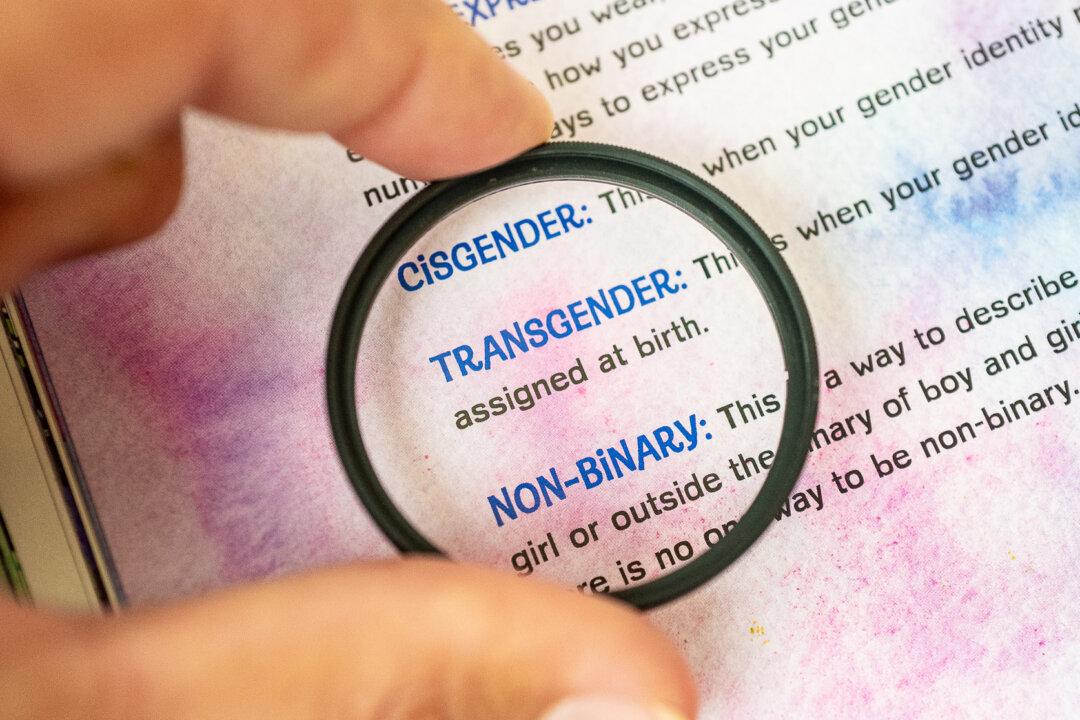A former Georgia teacher who was fired for reading to her fifth-grade class a book promoting the idea of gender fluidity will not get her job back, the state’s education board said.
The teacher, Katie Rinderle, had been teaching at Due West Elementary School for 10 years. She was fired last August by the Cobb County School Board after parents complained about her reading her mostly ten-year-old students a picture book called “My Shadow Is Purple,” which encourages young readers to “be true to themselves” and explore “beyond the gender binary.”





